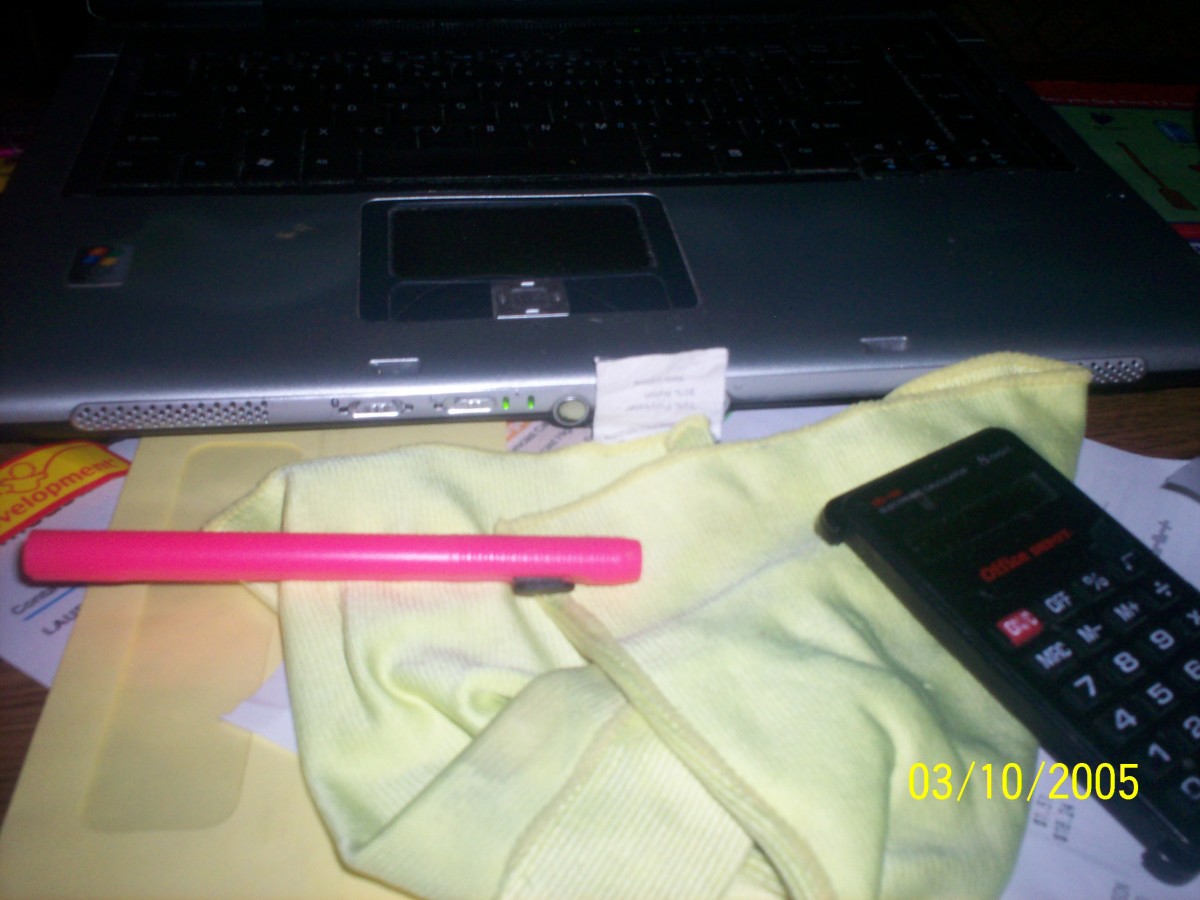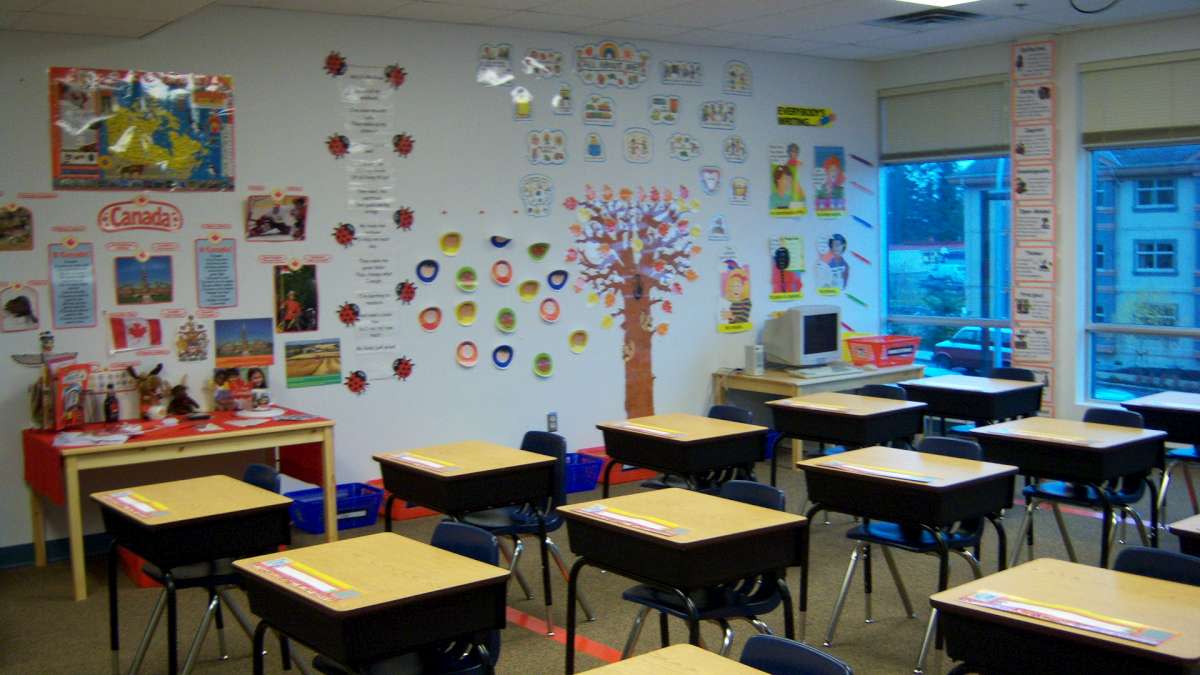Autism Spectrum Disorder – Early Diagnosis and Treatment Is More Beneficial
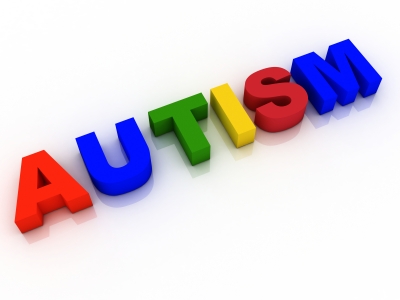
What Is Autism?
Autism spectrum disorders (ASD) are neurological disorders that will affect the normal functioning of the brain. Autism spectrum disorders include autism, Asperger’s Syndrome, Pervasive Developmental Disorder, Rett’s Disorder and Childhood Integrative Disorder. The degree of autism can range from mild to severe. Autism is believed to be affected during the first three years of a person’s life and this disorder is characterized by the problems in social interactions, issues with non-verbal communication and repetitive behaviors.
Autism spectrum disorder affects several million individuals worldwide. Studies show that about 1 in 68 children has been identified with autism spectrum disorder and it is five times more common among boys than girls. Another fact is that nearly 50% of the children identified with autism have average or above average intellectual ability (IQ level above 85).
What Is Autism?
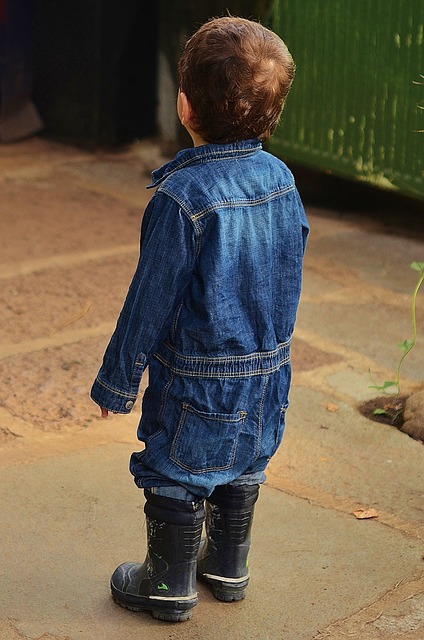
What Causes Autism?
A single cause cannot be specified as the reason for this disorder. Scientists do not yet identify any possible cause/causes for the origin of autism disorder. Now it is believed that a combination of risk genes and environmental factors may be the cause for this brain disorder; a number of rare gene changes or mutations were identified that are connected with autism.
The brain development in the first three years of a person’s life is very important and the probability of the development of autism is greater in this stage. The age of parents during the time of conception, health condition of the mother during pregnancy and other difficulties that have to be suffered during birth such as oxygen deprivation (even for shorter periods) to the infant’s brain etc. can be the causes for autism.
Do Vaccines Cause Autism? Common belief is that the vaccines do not cause autism, but some scientists believe that the vaccines or the medicines that are using to reduce the side effects of vaccines may cause autism. Researchers do not have a unanimous decision about the role of vaccines as the cause for autism.
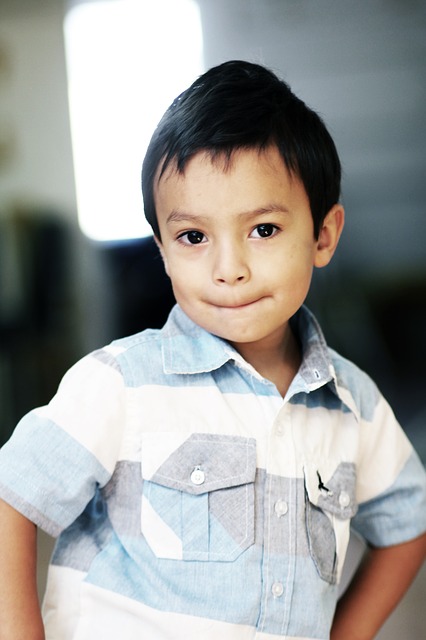
Watch for the Early Signs of Autism
Watch for the early signs of autism and if you can find something is wrong with your child, start the treatment without any delay. Autism behaviors can be noted in the child in the infancy stage itself. The chances of success in autism treatment are in giving the proper care in the initial stage itself.
Every child shows some special behaviors in each stages of its growth. If these normal indicators are absent in your child in any growth stage, consult a physician for expert advice. Watch for the absence of any of the following special behaviors in your child in different stages of growth:
- A two months old child will watch things as they are moving, respond to sounds and smile at people.
- A four months old child will make some sounds, brings things to his/her mouth, hold his/her head almost steady and can move the eyes in all directions.
- A six months old child will respond to his/her name, sit with help and recognize familiar people.
- A one year old child will stand without support, say single words and learn to show some gestures.
- A one and a half year old child will try to walk, learn new skills and say a few common words.
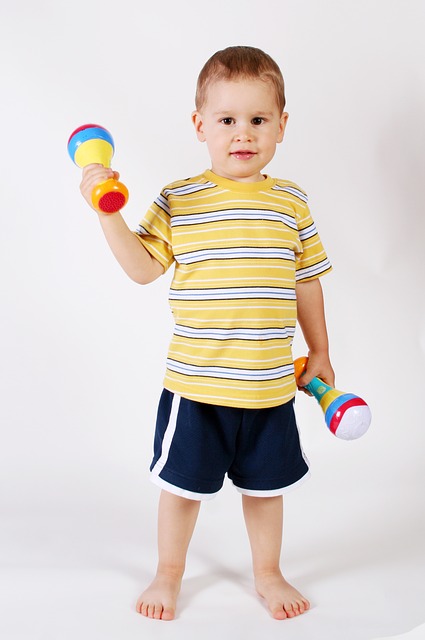
- A two year old child will start to use cup, spoon etc., imitate elders or siblings, learn new words and walk without support.
- A three year old child will speak in sentences, play with toys, mingle with other children and do not lose skills once learned.
- A four year old child will speak clearly, interact with people outside the family and shows interest in drawing or painting.
- A five year old child will give his/her name properly, do brushing and washing without help, show different emotions and participate in a wide variety of activities.

Treatment Options for Autism
Autism is a lifelong condition but with necessary help and care, the patient can successfully manage through the different phases of life. The improvement of the life of an autism-affected person is depended upon the medical, social, educational, recreational and employment support he/she is getting at different stages of life.
Family can do a lot for the upkeep of its member who has autism. When a member in the family is diagnosed with autism, the parents and siblings should prepare an adequate treatment plan to give the patient enough love and support, so that the child can learn, grow and succeed. Many treatments are available for the developmental changes of the autism-affected child and the most effective treatments are Applied Behavioral Analysis, Speech Therapy, Physical Therapy and Occupational Therapy.
What Happens To The Autism Kids When They Grow Up?
Home Treatment for Autism Affected Children
If your child is diagnosed with autism disorder, the treatment should start immediately in your home itself. Autism affected child requires special care from the family, especially from the parents. The important steps of the treatment plan should be as follows:
- Consult your doctor for more facts about the disorder and educate yourself more about autism; otherwise you will not be able to help the child properly. Parental help is needed for the child in different stages of growth, so getting adequate information about the disorder and about the child care process is very necessary.
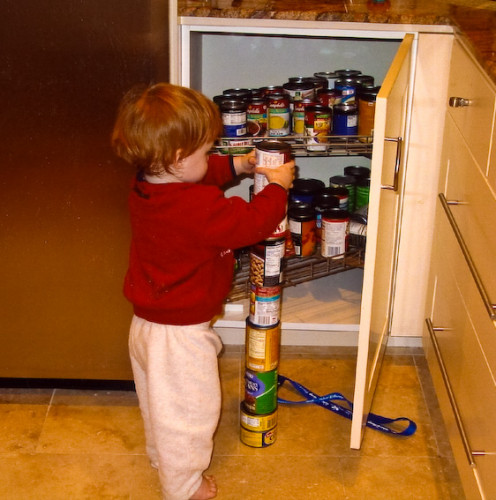
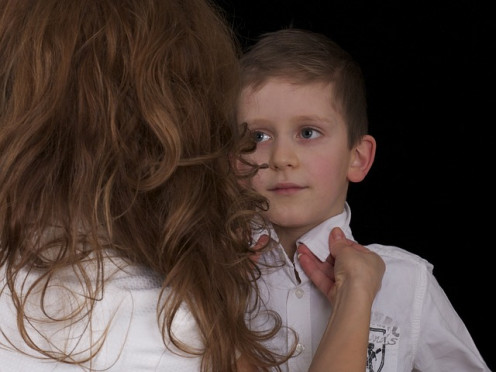
- Small children with autism will have almost the same physical and social needs like any other normal children for their healthy growth. Give them nutritious food and teach them to do fitness exercises and motivate them to play with toys and with other children. Apart from allowing playing the video games and TV games in the house, persuade them to participate in outside games with other children also for healthy growth. Sleep is another important matter and you must provide comfortable atmosphere for your child to get enough sleep.
- Create a healthy rapport with the child and this relationship will help for better communication between you and your child. For the benefit of the child, jointly work with doctor and with health professionals. Learn different ways to handle the emotional activities of autism-affected child because there is an increased risk of depression or stress-related illness for these types of children. Make them more interested in their hobbies and seek the support of health professionals and family members to give adequate emotional support to the child.
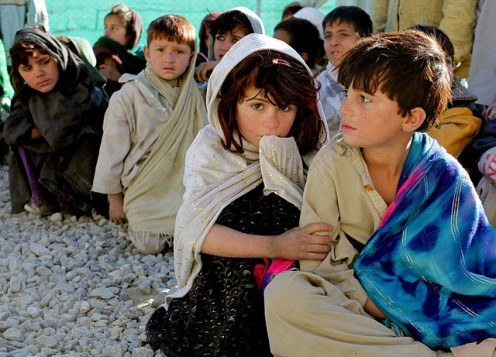
Six important steps that have to be followed by the parents to give necessary care to his/her autism-affected child are:
- Gather maximum information about autism and about your child’s behavior patterns. This knowledge will help you to give great care and support to the child.
- Do not become pessimistic about the future of the child and never be frustrated. Though in a number of cases autism patients need lifetime care, many of them have the capacity to develop their abilities to function almost normally as their age increase.
- Stick to a schedule for the activities related to the child. The time for foods, education, therapy and sleep are to be scheduled in advance and stick to it. Take care not to break this schedule without informing the child in advance.

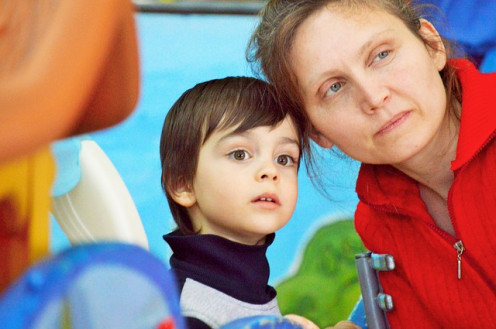
- Make arrangements to have some secured place in the home and in the surroundings for the child to carry out his/her activities. The child should feel safe in these surroundings. Inspire them to participate in more activities and offer rewards for successful completion of the tasks to encourage them.
- An autism-affected child may not express his/her feelings verbally like normal children. Their response will be by using some other methods of communication such as making meaningless sounds, showing gestures and sometimes using facial expressions. You have to be familiar with these types of communication methods of the child.
- Do not give the impression that he/she is in a grave sick condition and will not be able to lead their life like other normal children. Encourage their attempts to imitate the normal children and help them to complete the everyday jobs. Include fun activities also in their training schedule.





